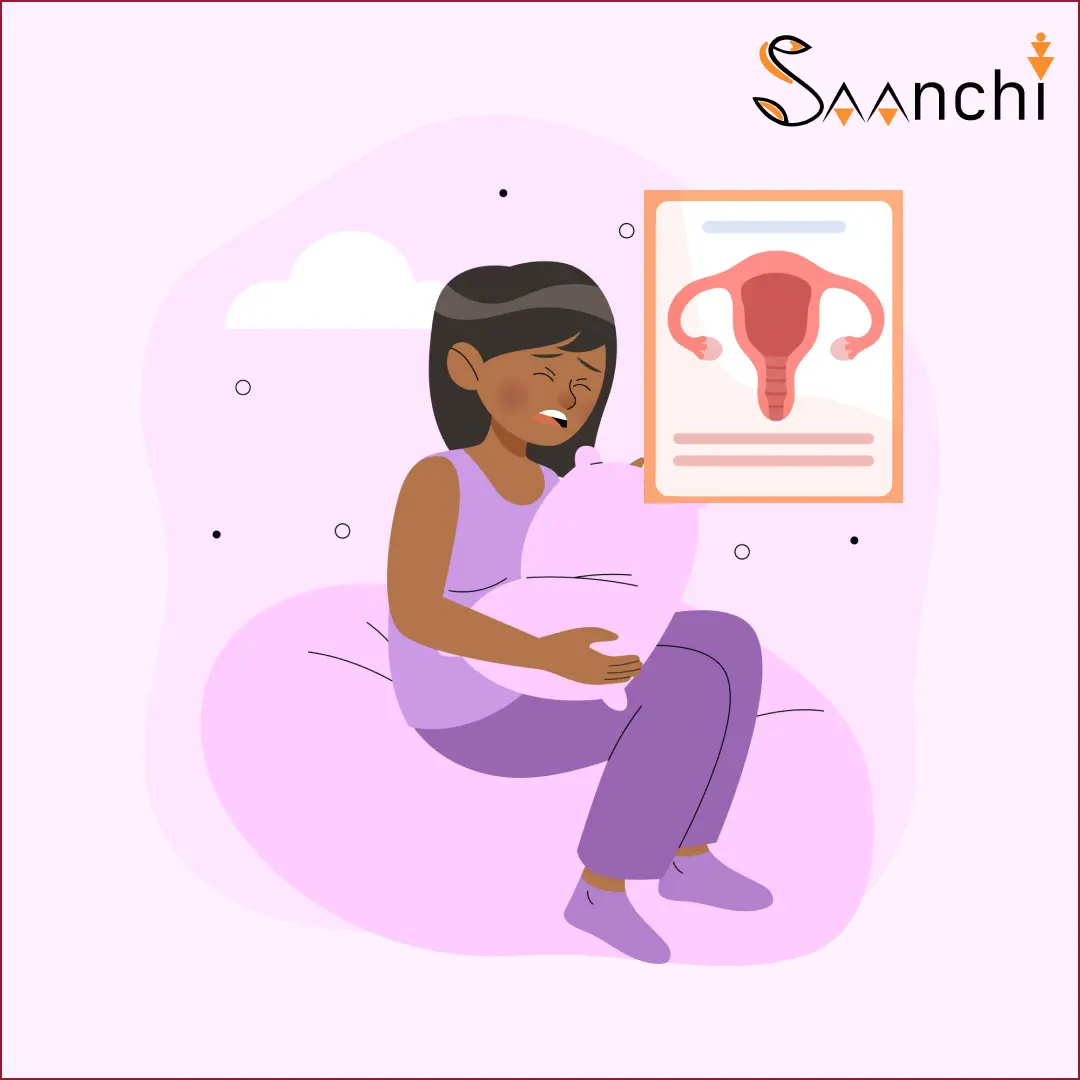As a parent, one of your most important roles is to support your daughter through various milestones in her life. One such significant event is her first period. While it may seem daunting, providing the right guidance, understanding, and support can make all the difference in her journey into womanhood. In this blog, we offer insights, advice, and practical tips on how to support your daughter through her first period.
Understanding Menstruation
Menstruation doesn’t have to be a taboo topic. Talking about periods only needs to be awkward if you make it awkward. Having a basic understanding of menstruation can help you become more comfortable discussing it with your daughter. The more you know, the easier it is to address, eliminating unnecessary stigma.
What is a Period?
A period, also known as menstruation, involves the shedding of the uterus lining, resulting in bleeding that typically lasts a few days to a week each month. Most girls get their first period between the ages of 9 and 15. It’s common for a young woman to take about a year to get regular monthly periods.
Common Symptoms Associated with Periods
Understanding the common symptoms that accompany a period can help you prepare your daughter for what to expect. These symptoms include:
- Bleeding: Assure her that it’s not an injury or something to fear. It’s a sign that her body is healthy and functioning as it should.
- Cramps: Some girls experience mild to moderate cramps in their lower abdomen, back, or legs. Suggest using a heating pad or taking over-the-counter pain relievers to help ease any discomfort.
- Mood Swings: Hormonal changes can lead to mood swings, making her feel more emotional during her period. Reassure her that this is normal and that her feelings are valid.
Preparing for the First Period
Engaging in ongoing conversations before your daughter gets her first period can help her understand what is happening when the time comes. Instead of one formal talk, which can feel like a lecture, have small, manageable discussions about the experience.
Menstrual Products
Keep some menstrual products on hand, such as pads, tampons, and period underwear. Having these options available can allow your daughter to test out what product she is most comfortable using.
Creating a Period Kit
Your daughter may feel anxious about experiencing her first period when she’s away from home. To ease her concerns, consider assembling a travel-friendly period kit. This can be as simple as placing a few sanitary pads and an extra pair of underwear in a zip-lock baggie for her to keep in her backpack. This way, she’ll always be prepared.
Talk to Your Sons
Educating boys about menstruation is important in removing the stigma associated with periods. If you have sons, explain to them that periods are normal and should not be considered gross. Encourage understanding and discourage teasing. A little kindness and empathy can make a significant difference.
Empower Your Daughter
One of the best ways to support your daughter through her first period is to embrace the milestone positively. Rather than presenting it as “something you’ll have to deal with every month,” tell her that it signifies an important step into womanhood and indicates that her body is healthy.
Celebrate the Milestone
Celebrate her first period by buying her flowers, her favorite chocolates, or something she loves. This gesture shows that you acknowledge and respect her growth and that this transition is something to be embraced and celebrated.
Encourage Confidence
Encourage your daughter to feel proud of her changing body and embrace her newfound identity as a young woman. Remind her that these changes are part of her unique journey and that she is becoming the incredible person she is meant to be.
Offer Emotional Support
Actively listen to her feelings without criticism and acknowledge her experiences. If she mentions painful cramps, help her find ways to alleviate the discomfort. If she seems sad or irritable, be a compassionate listener and help her explore coping methods such as journaling. Be a calming and dependable presence, ready to support her when she needs someone to lean on.
When to Seek Professional Guidance
While menstrual discomfort and mood swings are common, it’s important to recognize when these symptoms severely impact your daughter’s daily life. If her menstrual pain is debilitating or her mood swings interfere with her ability to participate in regular activities, consult with her primary care doctor. They can help evaluate her symptoms and provide the appropriate treatment.
Creating a Bond Through Open Dialogue
Your attitude and approach to discussing menstruation with your daughter sets the tone for how comfortable she’ll be in sharing with you. By being informed, empathetic, and creating a safe space, you can make these conversations a natural part of your relationship. Let your daughter know you’re there to provide support, answer questions, and offer guidance. If you’re unsure of any answers, tell her you can work together to find the right resources.
By following these steps, you can help your daughter navigate her first period with confidence and ease, ensuring she feels supported and understood during this important transition.


